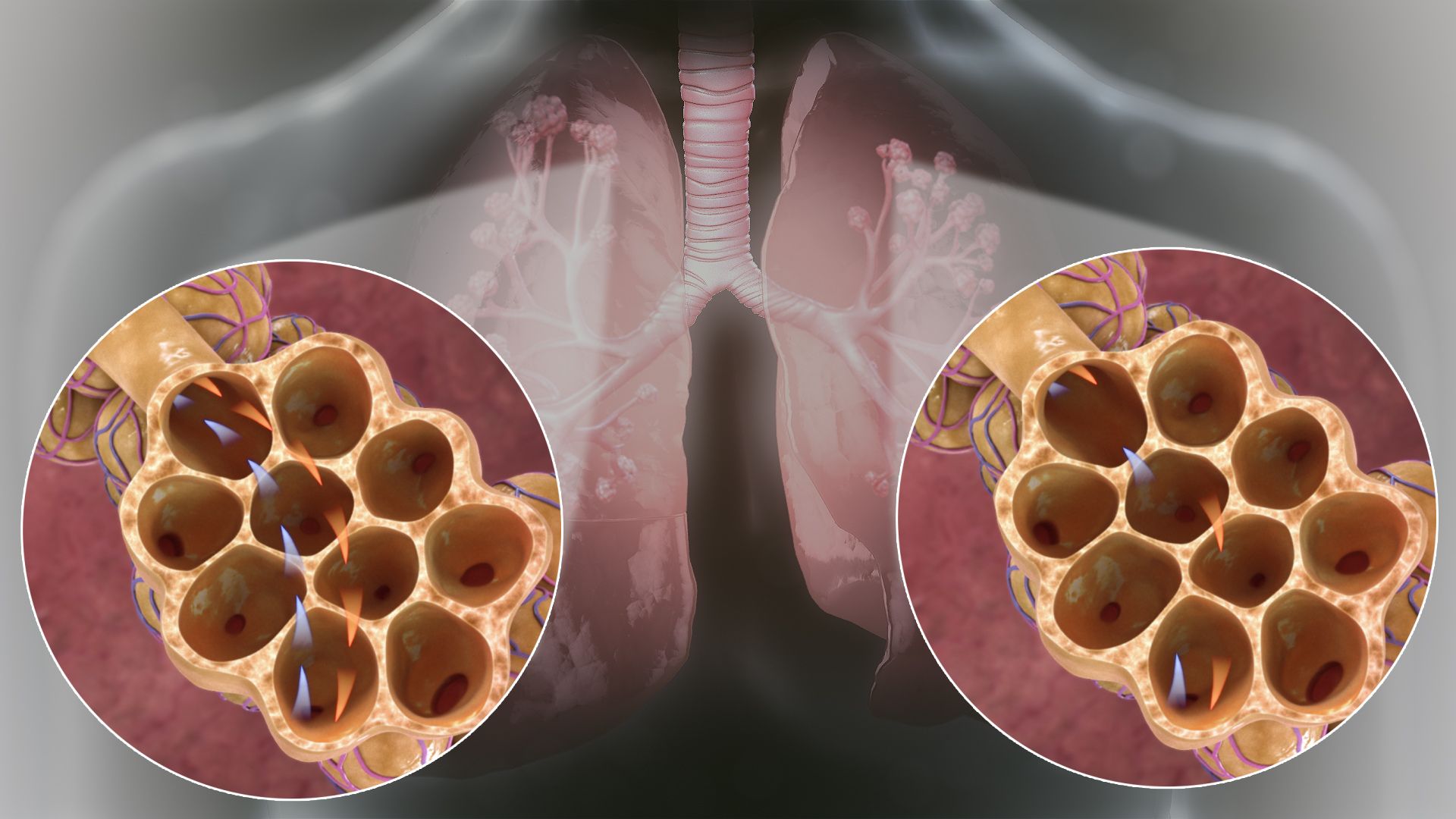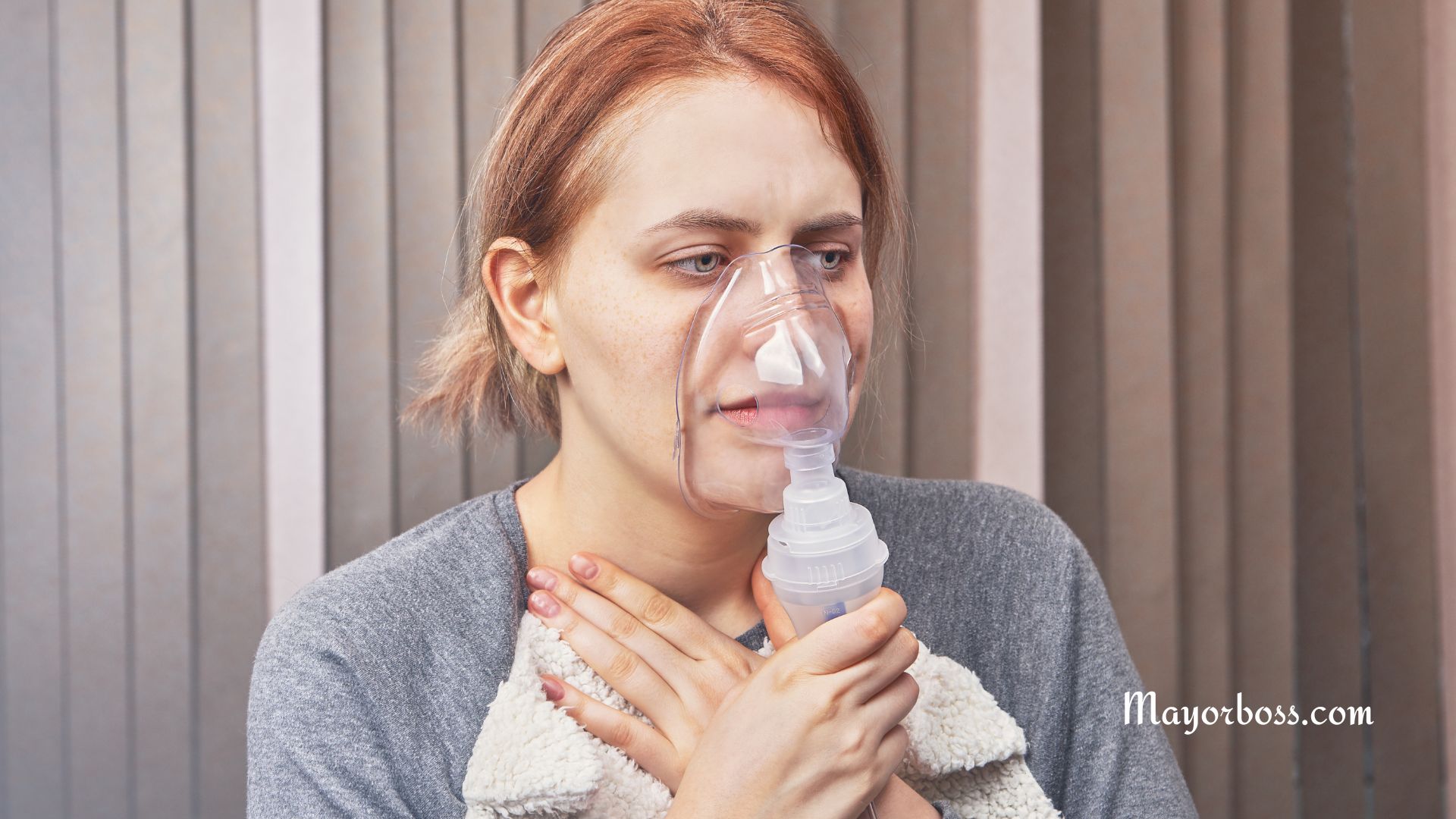What is Pneumonia?
What is Pneumonia?
Pneumonia is an infection that creates inflammation (swelling) in the air sacs (alveoli) of one or both lungs. This inflammation can lead to the air sacs filling with fluid or pus, making it difficult for you to breathe. Various organisms, including bacteria, viruses, and fungi, can cause this common condition.
The reality is the severity of pneumonia can range from mild to life-threatening, depending on factors like the patient’s age, overall health, and the type of organism causing the infection.
Symptoms and Warning Signs
Pneumonia can develop suddenly within 24 to 48 hours or gradually over several days. Common symptoms include:
- Cough (often producing phlegm)
- Fever
- Shortness of breath
- Chest pain that worsens with deep breaths or coughing
- Rapid heartbeat
- Fatigue
- Loss of appetite
- Confusion (especially in older adults)
You may experience sweating, shivering, and headache. Some individuals also experience nausea, vomiting, diarrhea, muscle pain, and weakness.
It’s crucial to consult a healthcare professional if you or a loved one experiences these symptoms, as timely treatment can prevent complications and improve outcomes.
Causes and Types of Pneumonia
Pneumonia occurs when an infection causes inflammation in the lung’s air sacs, leading to fluid or pus buildup. There are several types of pneumonia, including:
Bacterial Pneumonia
The most usual cause is the bacterium Streptococcus pneumoniae. In most cases, bacterial pneumonia can occur on its own or after a viral infection, such as the flu.
Viral Pneumonia
Responsible for about one-third of pneumonia cases, viruses such as the influenza virus, respiratory syncytial virus (RSV), and, more recently, SARS-CoV-2 (COVID-19) can cause pneumonia.
Fungal Pneumonia
Fungi, typically found in soil or bird droppings, can cause pneumonia in individuals with weakened immune systems or those who inhale large amounts of fungal spores.
Diagnosis
A healthcare provider will diagnose pneumonia based on a patient’s symptoms, medical history, and physical examination. They may also order tests, such as chest X-rays, blood tests, or sputum tests.
Treatment
Treatment depends on the type and severity of pneumonia:
- Bacterial pneumonia is usually treated with antibiotics.
- Viral pneumonia may require antiviral medications, depending on the virus.
- Fungal pneumonia is treated with antifungal medications.
In addition to medication, patients should get plenty of rest, stay hydrated, and manage fever and pain with over-the-counter medications.
Prevention and Precautions
Preventing pneumonia involves taking steps to protect yourself and others from infections. Some helpful tips include:
- Practice good hygiene by washing your hands regularly and avoiding contact with sick individuals.
- Keep your immune system strong by eating a healthy diet, exercising, and getting enough sleep.
- Get vaccinated for flu and pneumococcal pneumonia if you’re in a high-risk group.
- Don’t smoke, as smoking damages lung tissue and increases the risk of pneumonia.
Further Reading: Symptoms of Pneumonia






